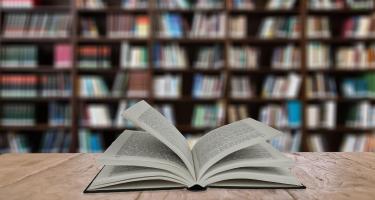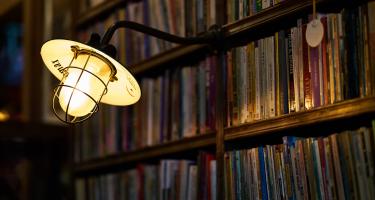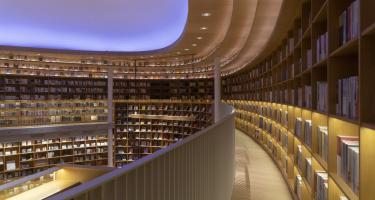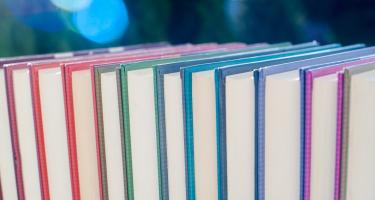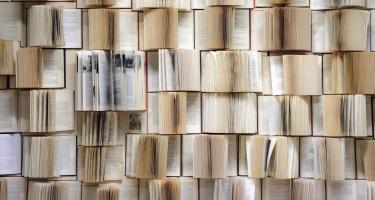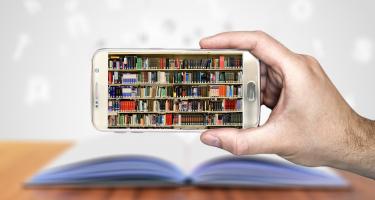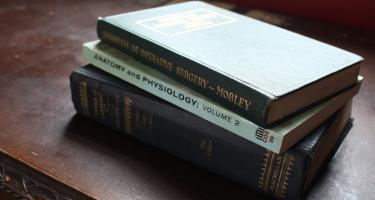
Olivia Campbell: Women in White Coats-How the First Women Doctors Changed the World of Medicine
“You cannot expect us to furnish you with a stick to break our heads with,” one of 29 medical school deans wrote Elizabeth Blackwell, refusing to admit her. But she persisted. Blackwell graduated from Geneva Medical College in 1849 at age 28, the nation’s 1st woman M.D. Others followed, as Olivia Campbell reports in Women in White Coats: How the First Women Doctors Changed the World of Medicine.
